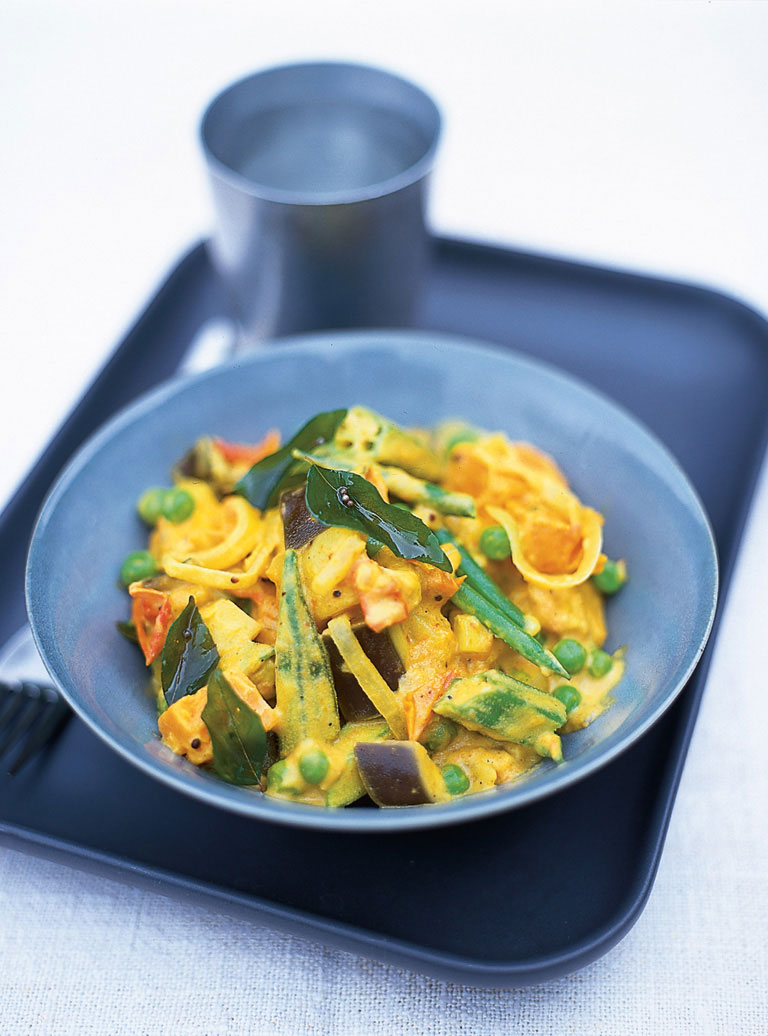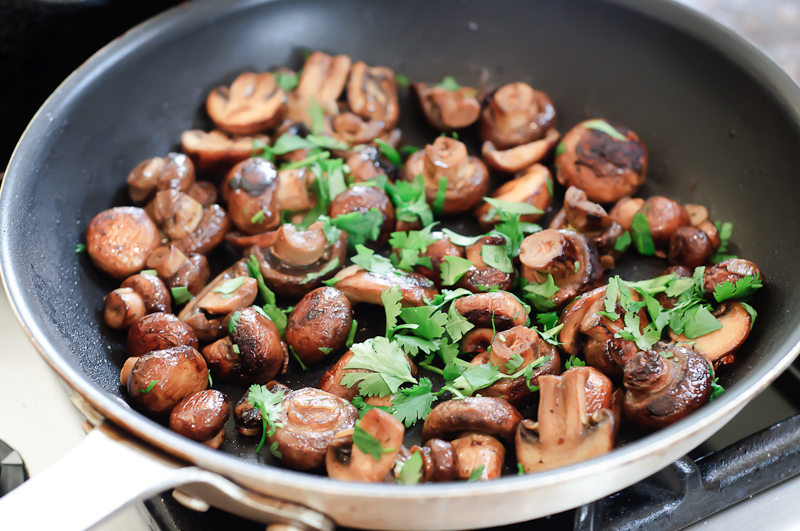When I saw the green beans in today's box, for some reason my mind jumped to curries. I often use a mix of veggies in my curries, but for some reason I almost always include green beans. We can use the potatoes and the sweet potatoes we've gotten recently, and if you have any carrots left, those would be good too.
Curries originated in southeast Asia, notably the area around Thailand. From there, they expanded west across India, parts of the Persian Gulf, and into eastern Africa, jumping with the slave trade to various parts of the Caribbean; and they expanded west to places like Fiji and other islands across the Pacific. At its most basic, it's a dish using lots of spice and almost always includes chilis of some sort. Some are more like a soup, usually served over rice, others are more like a stir fry with a heavy sauce, again served with rice.
The key ingredient in curry is curry powder, which is simply a blend of spices. That's it. Take half the spice drawer, put it all together, shake until mixed, and
voilà, curry powder. Well, not exactly. it is a measured quantity of each of certain spices,
then shake 'em all together and you have curry powder. Which spices are going to vary wildly by region, but most of them have cumin and turmeric as a base. For example,
Thai curry powder usually contains turmeric, cumin, coriander, ginger and chilis as its starting point. As you move west through India, you'll start seeing less coriander and more cardamom, for example.
Curries are usually quite simple to prepare. Some are
yogurt based, some start with a
tomato sauce, others use
coconut milk. In essence, you start with the base, add the spices, add whatever half-cooked veggies and browned meat you'd like, and let it cook together until the meat is finished and the veggies are soft. Some other recipes I've tried and liked are found
here,
here, and
here.
Most of the time, curries can be prepared really quickly with whatever veggies you have on hand. Great for those weeknights when you need a dinner in 30 minutes or less.













.jpg)

.JPG)





